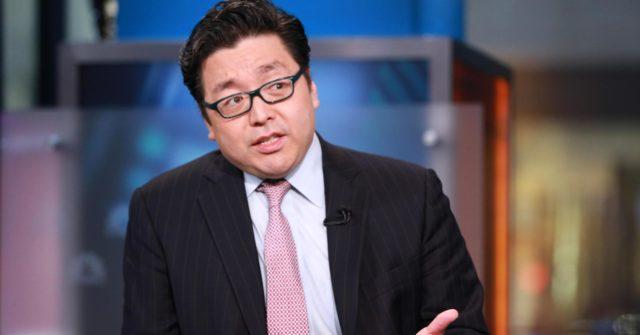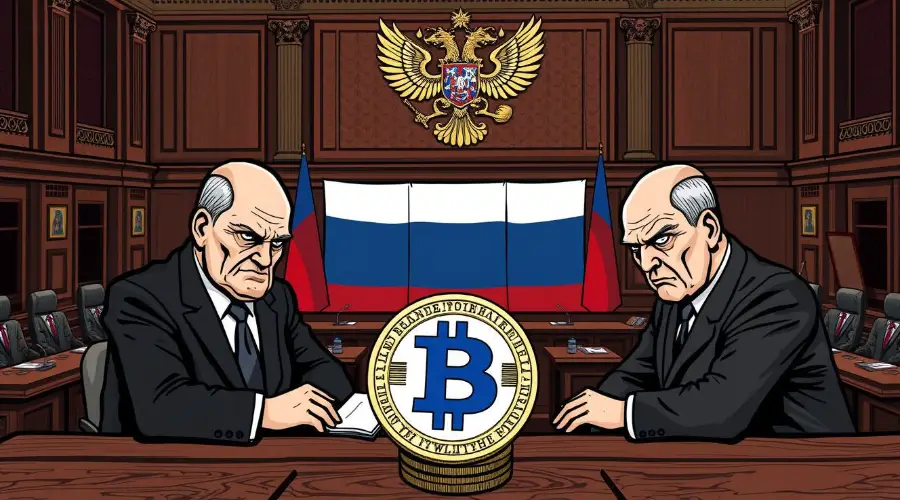The governor of the Holy Spirit, Renato Casagrande (PSB), said in an interview with CNN this Wednesday (1st) that the state would lose more than 10% of its budget with the approval of the project that establishes a ceiling of 17% for the collection of the ICMS in fuels, energy, telecommunications and transport.
“We are going to lose around R$ 85 billion in ICMS. Here in the Holy Spirit we are going to lose R$ 2.5 billion, in a state with a budget of R$ 20 billion. It’s okay to make any decision, but there can’t be one decision that makes such an impact,” he said.
Casagrande also said that the approved project is an “illusion”, since it would not have an effective impact on the prices of fuels .
“Reducing ICMS without changing the pricing policy, or having a compensation fund for the pricing policy, is an illusion, because it will reduce in one month and the next, with the international crisis, the dollar, again, will have an increase in prices , and the citizen will not feel this reduction, while we, state and municipal governments, will be in a very difficult situation to adapt our expenses”.
He pointed out that if the Congress it’s the federal government want to reduce ICMS, it would be necessary to implement a compensation to the states, and that the lack of revenue would impact areas such as education, health and infrastructure.
For the governor, the project approved by the Chamber of Deputies “will create disorganization in states and municipalities”. Although the states are at a time of revenue growth, he highlighted that this growth is linked to inflation, and therefore is not permanent, while the reduction with ICMS is.
“If approved, states and municipalities will fail to comply with the Fiscal Responsibility Law, you can be sure of that,” he said.
Casagrande defends the creation of a fuel price stabilization fund composed of revenue from states, the Union and Petrobras dividends, which, according to him, “will allow the government to maintain the policy of international parity, but without passing on the same percentage for the consumer, who has to be protected”.
The politician also said that governors are already contributing to trying to reduce prices, with the reference value for charging ICMS on fuel frozen since 2021, but that it is possible to contribute more.
“It is possible that the Senate can actually build a longer-term average price, to maintain this freeze for another 1 year, 2 years, it is possible to find ways”.
Even so, he does not believe that tax reductions will have a major impact on prices, citing as an example both the freezing by the states and the exemption of PIS/Cofins by the federal government, which did not lead to an “effective change” in prices.
“It is natural that the Senate can play an essential, exponential role, of seeking a balanced, average position, so that state governments can continue to make their contribution to reducing the impact on fuel prices, but that we find a definitive path”, he said.
Casagrande evaluated that the federal government has had a practice of “federative confrontation” in recent years, in cases such as the ICMS and the pandemic, and that “at no time did the government call the governors to sit at the table and find a way, always It was a process of dispute”.
“I don’t believe that, on the part of the federal government, there is a launch of an environment to go through and we find a way, but I believe that the Senate will do that”.
Source: CNN Brasil
I am Sophia william, author of World Stock Market. I have a degree in journalism from the University of Missouri and I have worked as a reporter for several news websites. I have a passion for writing and informing people about the latest news and events happening in the world. I strive to be accurate and unbiased in my reporting, and I hope to provide readers with valuable information that they can use to make informed decisions.







